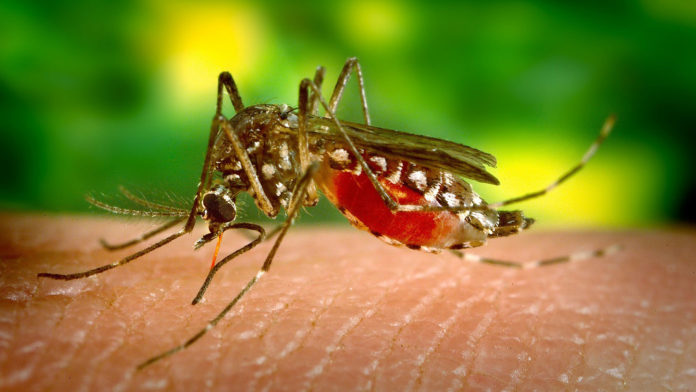Bladder cancer is the fifth most common cancer in Canada, and while cisplatin-based chemotherapy can be used to treat it, the cancer usually comes back. When it does, immunotherapy is the last line of defence, and it only works in about 20% of cases.
Molecular biologist Mads Daugaard wants to find a new way to treat chemotherapy-resistant bladder cancer, and he has enlisted the help of an unlikely partner: the parasite that causes malaria.
Daugaard is an assistant professor of urologic science at the University of British Columbia and a senior research scientist at the Vancouver Prostate Centre and the Vancouver Coastal Health Research Institute. He and his team are using a malarial protein called VAR2CSA, which recognizes and targets a particular sugar molecule that is usually only found in the placenta of pregnant animals.
The idea to use VAR2CSA to target cancer came from a collaboration with Ali Salanti, a professor at the University of Copenhagen, who was trying to find a vaccine against malaria for pregnant women. To avoid destruction by the spleen, malaria uses VAR2CSA as a kind of molecular hook that anchors it to a specific sugar molecule of the placenta.
Daugaard and Salanti quickly recognized that this same molecular hook could be used to target cancer. The placenta and most invasive cancers both grow quickly, and it turns out that most cancers share that same sugar molecule, which isn’t present on healthy non-placental cells.
In particular, bladder cancers with this sugar tend to resist chemotherapy, and when a patient relapses, the levels of the sugar are often even higher than before. This makes it an attractive potential target.
The researchers hoped that by attaching a toxin to VAR2CSA, they might be able to target invasive cancers.
In mice with bladder cancer, given treatment with either VAR2CSA or the toxin alone, all animals died within 70 days with bladder cancer related complications. By contrast, treatment with the toxin-VAR2CSA compound kept 80% of the mice alive over the same period of time.
Currently, Daugaard and Salanti hope to bring their therapy to clinical trials within the next three years. If it’s a success, this approach could have sweeping benefits for treatment across many types of cancer.








































